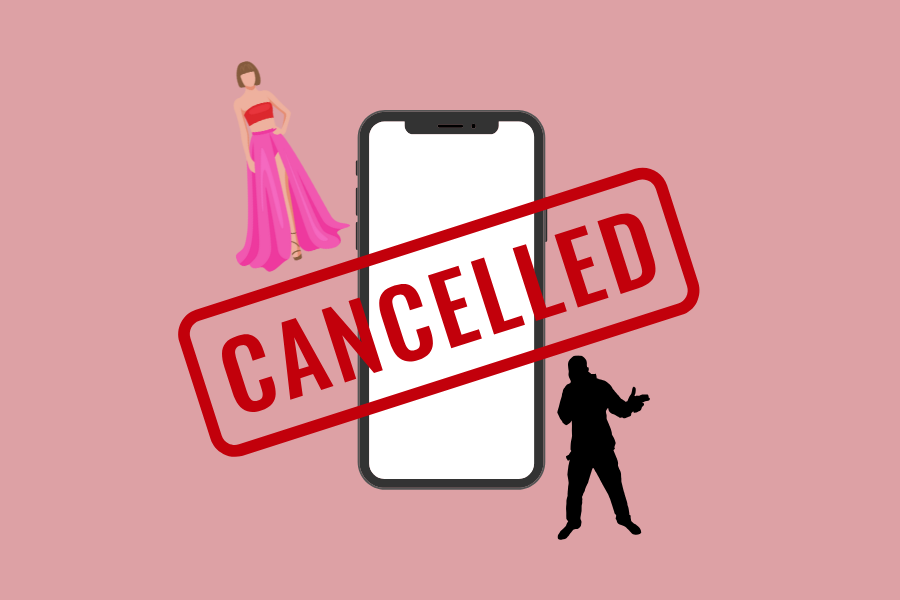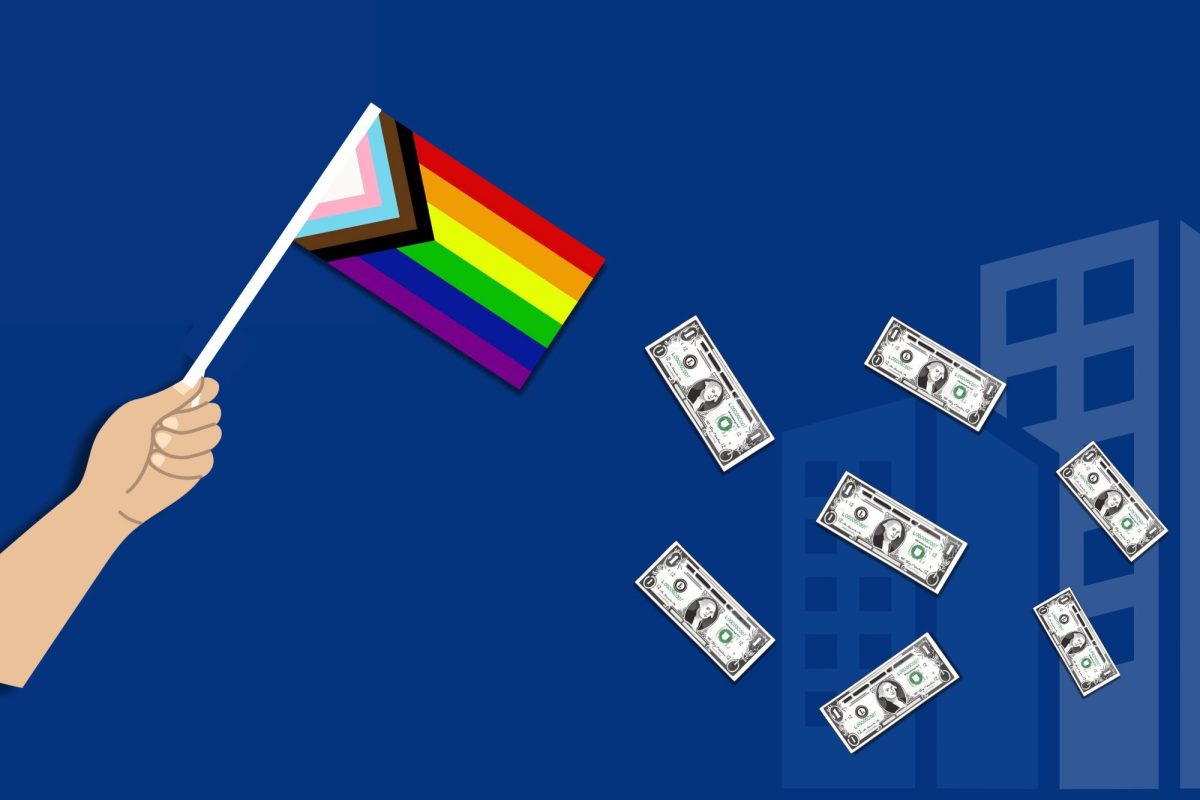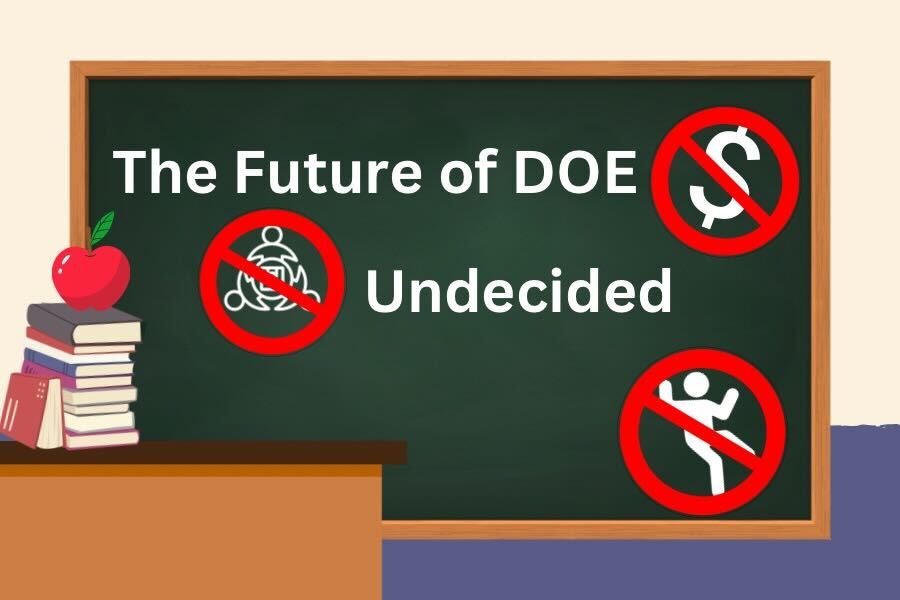Cancel culture is a part of our society that is now seen all over social media, where public figures’ careers can end in a night for actions that seem unacceptable. This phenomenon can lead to celebrities becoming depressed, but in some cases it can help them boost their career.
Cancel culture can take a serious toll on anyone’s mental health, regardless if they are a celebrity. Despite repeated efforts by the media trying to cancel Taylor Swift, these attempts do not succeed. In 2016 Kanye West wrote the infamous song Famous, where he references Taylor Swift. Swift publicly stated how she did not approve of these lyrics, but then-wife Kim Kardashian leaked a recording of a phone call where Swift gave West permission. This led to a trending hashtag #KimExposedTaylorParty influencing backlash against Swift. In response to the hate she then made the album Reputation which was inspired by the drama. However, the backlash continued. Across social media in 2019, the new hashtag #TaylorSwiftIsCancelled gained the attention of Swift and pushed her to speak out to Vogue Magazine, saying “I knew it was the only way I could survive it. It was the only way I could preserve my mental health.”
She started to suffer yet was able to overcome the “very isolating experience,” but found strength in overcoming it. This situation makes it clear the mental toll it took on Swift, and how she coped through music. Swift said “saying you’re cancelled is like saying kill yourself.” Many people would not have been able to handle the hate, and might have not been able to stand it. Social media has made it too easy to “cancel” public figures over small drama. It should not matter who is right, the public takedowns are a form of cyberbullying. To make someone almost start to question their existence is bullying and should not be normalized. The normalization of online harassment only causes damage and should be stopped.
While some celebrities can’t seem to get rid of the hate, others only benefit from it. Kanye West, now known as Ye, has made many tweets openly supporting Nazis and Hitler while still maintaining a loyal fanbase. Reports have even shown an increase in antisemitic hate crimes, showing how he is the leading cause of the wave of antisemitism. Although a few brands have cut ties with him, his music remains widely streamed. On Feb 6, he went on a tangent on X, formerly known as Twitter, posting tweets without end. “NEVER APOLOGIZING FOR MY JEWISH COMMENTS” and “IM A NAZI,” were just a few. This clearly shows how cancel culture is often selective, where it only affects a few, while others can continue on like nothing happened. Which comes to show how cancel culture is based on public perception rather than trying to ‘eliminate’ controversial figures. If celebrities with a huge influence can openly make insulting comments without any true consequence, it can send the wrong message to society. Ye proves how cancel culture’s purpose is not effective and more performative.
Additionally, it is important to change as you grow, but despite that, cancel culture promotes the culture that you can not change and don’t deserve a second chance. Shane Dawson, a YouTube personality, faced backlash in 2020 after old videos resurfaced of offensive comments about race and inappropriate remarks about minors. This led to his platforms coming to an end due to his cancellation. He then released an apology video titled “Taking Accountability,” in June 2020 where he publicly acclaimed these actions as wrong, stating he had grown since and no longer identifies with that version of himself. Although he apologized, his subscribers went down by a million, and he had his YouTube channels banned despite his apology.
The problem of cancel culture is that it focuses mainly on someone’s past, and can ignore apologies that have been made. Dawson began his YouTube career in 2008 as a 19 year old, when social media humor was less restricted and more ‘dark.’ Yet in 2020, his videos became more mature, focusing mainly on collaborations like with a Jeffree Star Cosmetics makeup line. Regardless, his history overruled whatever he says in the present day. Personal growth is how people learn from their past mistakes, and to apologize if what they said caused any controversy. For society it gives the wrong impression that humans can’t change, and change their values.
Cancelling someone does not lead to anything positive. From experiencing a mental health crisis to openly supporting Nazis and to apologizing about your past self, cancel culture is a system that is not beneficial. Let’s not let this toxic culture continue with the power that it holds, and bring it to an end.










akshara • Apr 30, 2025 at 1:26 pm
i totally agree wow so insightful
mokshaa • Apr 28, 2025 at 12:29 pm
this is so awesome leah😘 you are the best! love ya🌝